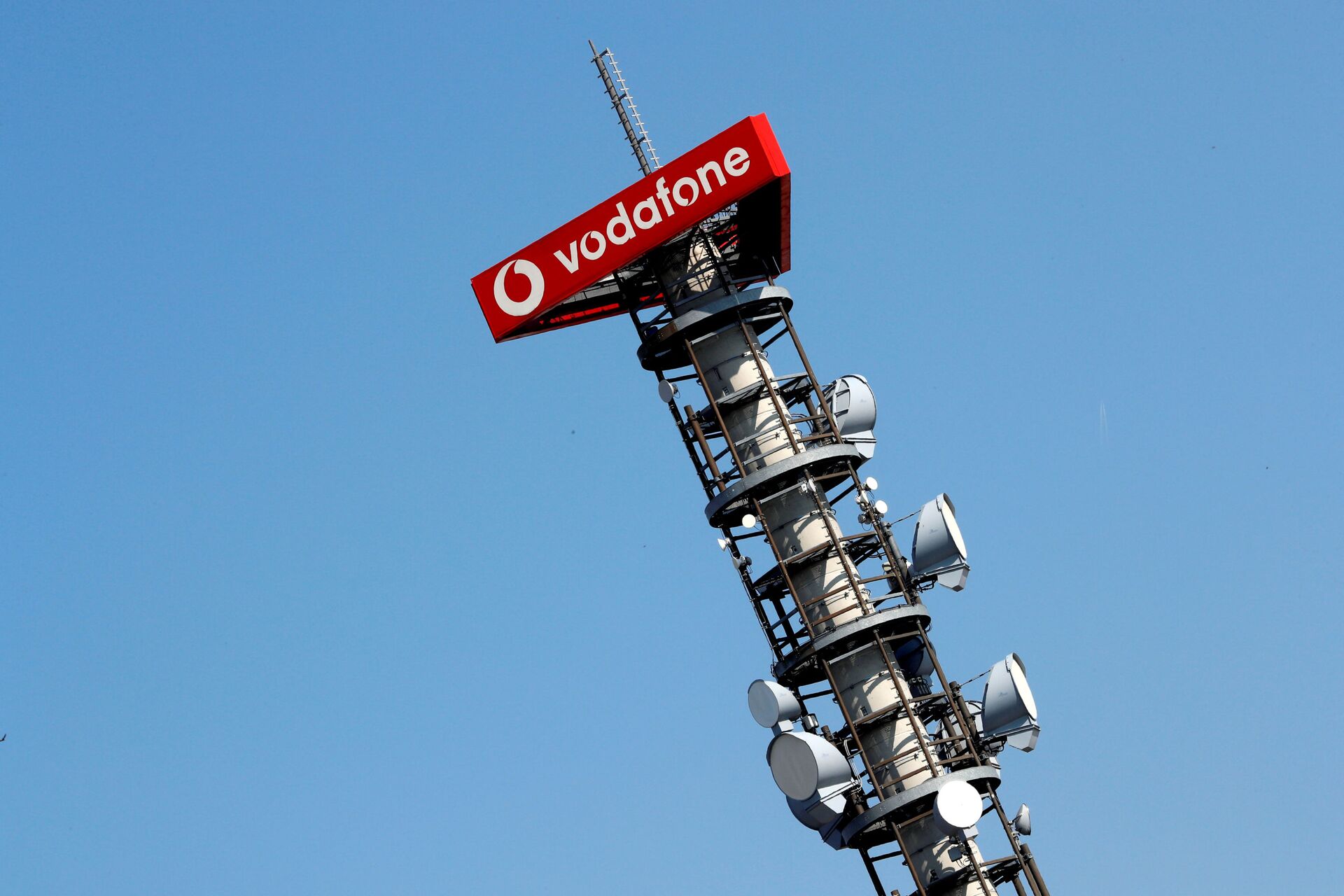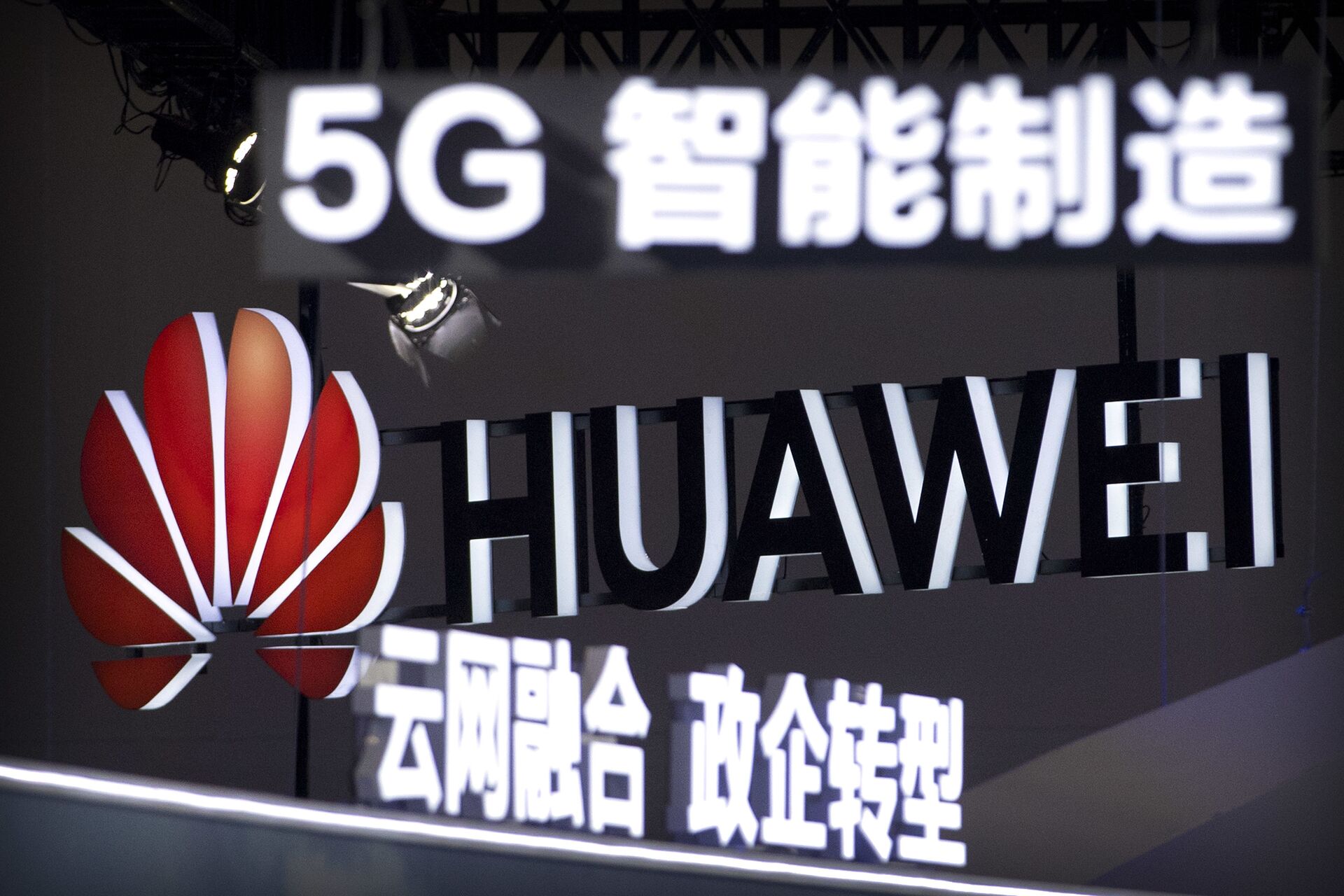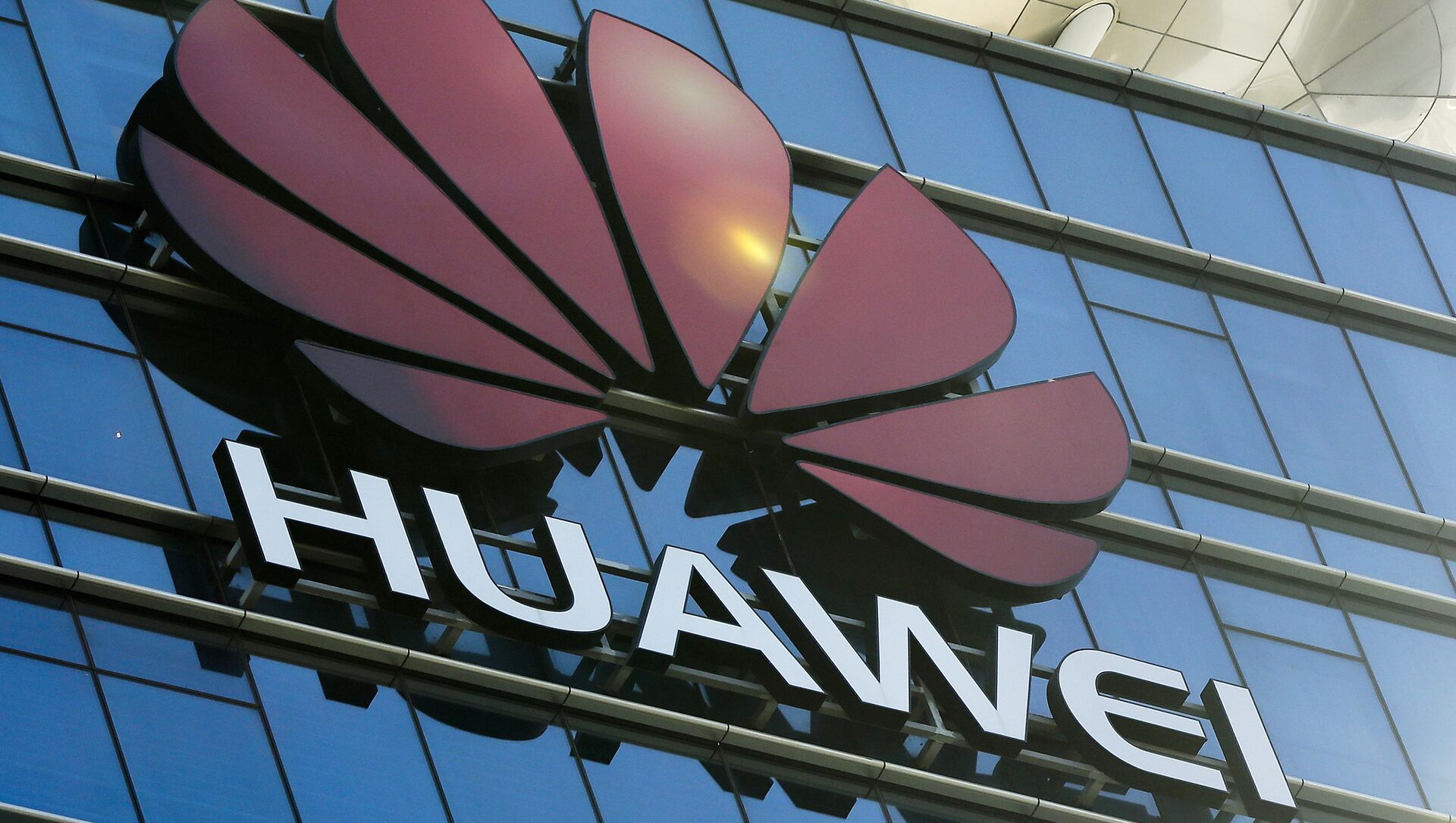Despite being estimated to be both costly and time consuming, while also potentially fraught with delaying Britain’s 5G rollout, the UK is embarking on the daunting task of Huawei ‘rip-and-replace’ as a consequence of the US-led campaign against the Chinese tech giant.
Hull – more specifically, its Muswell Court tower block –had been selected as the first British site to carry out a complete eradication of Huawei Technologies Co. equipment from its biggest network, BT (formerly British Technologies) Group Plc., substituting in components from Finland-based Nokia Oyj, according to Bloomberg.
The London-based company plans to scrap all of Huawei’s equipment there by July, trailblazing the way for a seven-year and close to $700 million-worth effort.
“We were quite keen to pick one city area and do the whole of that, and make sure that we can really check that we’re not having an adverse impact on customer service. The signs are really good for that so far,” BT Chief Technology Officer Howard Watson was cited as saying.
Despite his optimistic forecast, engineers across the country will be carrying out the procedure on around 12,000 of BT’s 18,000 mobile masts, rooftops, etc.

The effort, that will require mobilising hundreds of people, will be an arduous one, beset by issues such as obtaining landlord permissions, sealing off roads, etc., according to Watson.
The expense of the project to install replacement kits from Nokia and Ericsson AB is estimated at around 500 million pounds ($701 million), according to the country’s leading communications services company.
Furthermore, as the world rushes to reap the potential rewards of the 5th generation mobile network, the ban on Huawei and fallout from it are set to delay Britain’s foray into 5G by as many as three years, according to an admission by UK Culture Secretary Oliver Dowden.
BIG: Chinese technology giant #Huawei banned from UK 5G network. Culture Secretary Oliver Dowden: UK Govt is banning the purchase of new Huawei 5G equipment from 31 December and Huawei equipment already in the UK's 5G networks must be removed by 2027. pic.twitter.com/IvdvfKx83Q
— Aditya Raj Kaul (@AdityaRajKaul) July 14, 2020
Overall, the industry will be forced to contend with costs of around 2 billion pounds while following the mandate set in motion by Washington’s allegations that Shenzhen-based Huawei is a security threat due to its proximity to Beijing’s government.
Huawei has repeatedly denied all claims its equipment poses any risk.
Britain is on schedule to have all vestiges of the Chinese telecom giant completely removed from its 5G infrastructure by 2027.

Due to the first generation of 5G being woven inextricably into earlier 4G base stations, the latter shall also be subject to the process. Complicating procedures still further is the fact that the Huawei equipment is not interoperable with rival equivalents.
The developments follow months of political wrangling over Huawei's alleged threat to security. Initially, the UK had opted that Huawei equipment should be removed only from the sensitive part of the "core" network, and constitute a maximum of 35 percent of the non-core systems, in a deadline set for 2023.
Amid pressure from the US and following advice from the UK’s National Cyber Security Centre, last year the government outlined its intention to ban the use of new Huawei 5G equipment, and remove all existing Huawei kit from 5G networks by 2027.
In late 2020 the UK government also published a new Telecommunications (Security) Bill to address security risks.
UK Culture Secretary Oliver Dowden had also published a 5G Supply Chain Diversification Strategy outlining how the government would ensure the nation is “never again dependent on a handful of telecoms vendors”.
Huawei and Beijing have repeatedly dismissed security concerns from both the US and its allies over its operations.
Huawei vice-president Victor Zhang previously said that the decision to remove the firm from the UK's 5G network was "politically motivated and not based on a fair evaluation of the risks".


